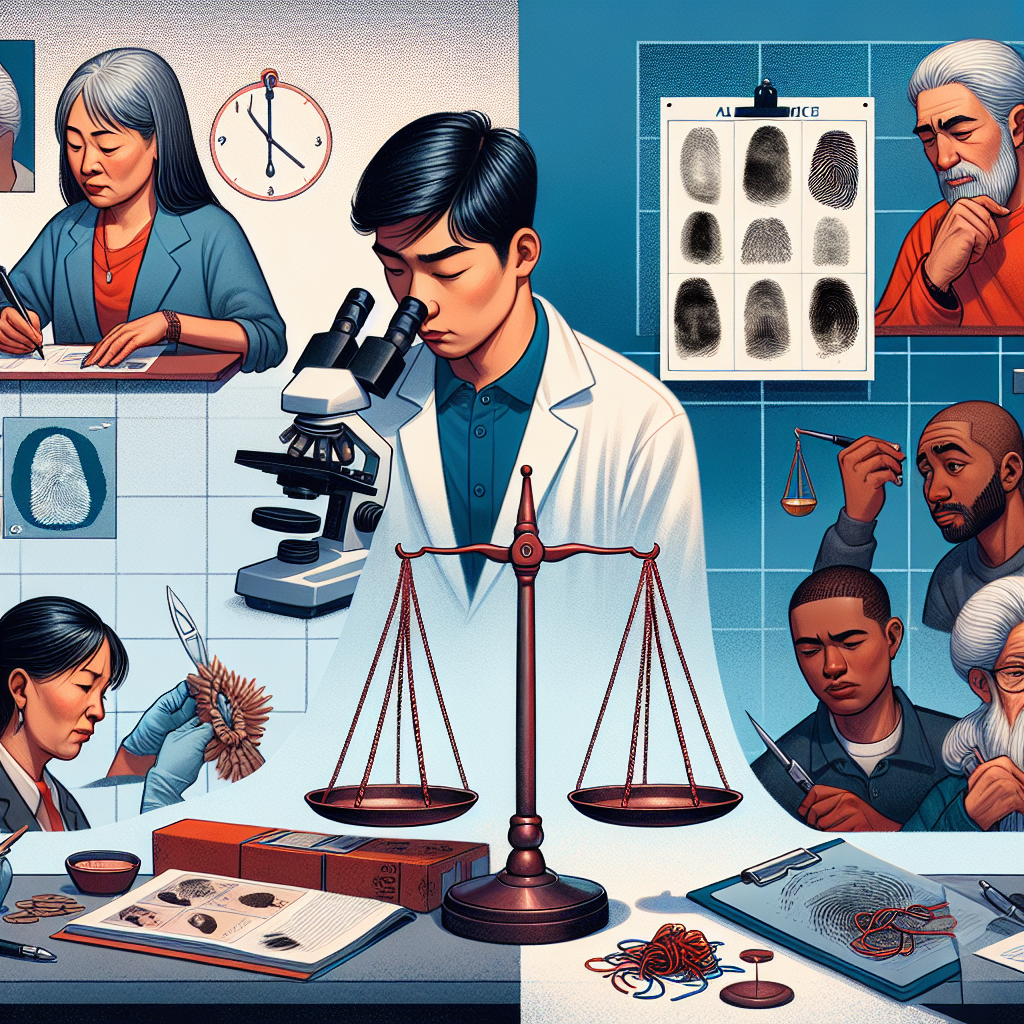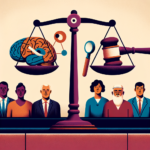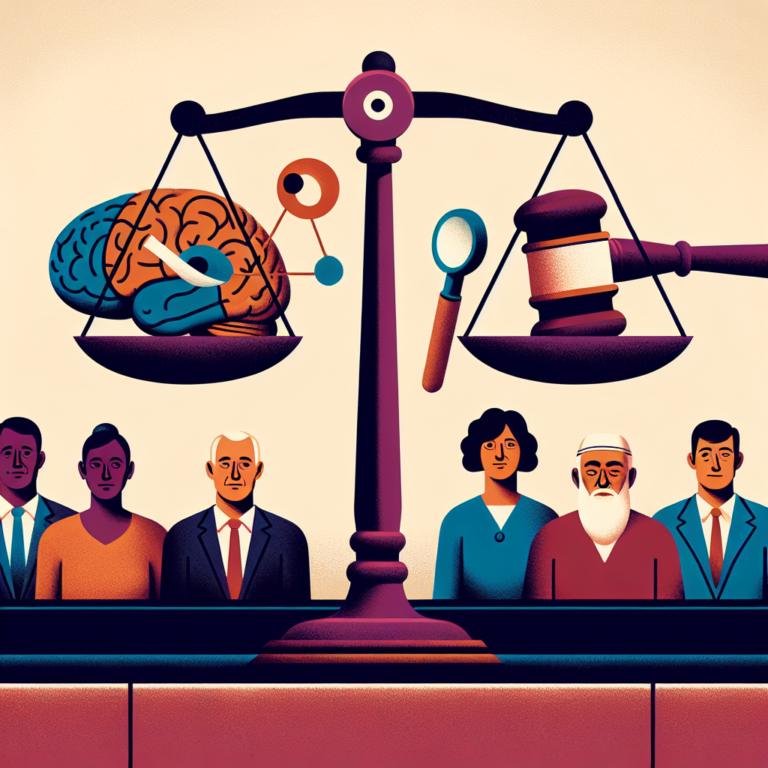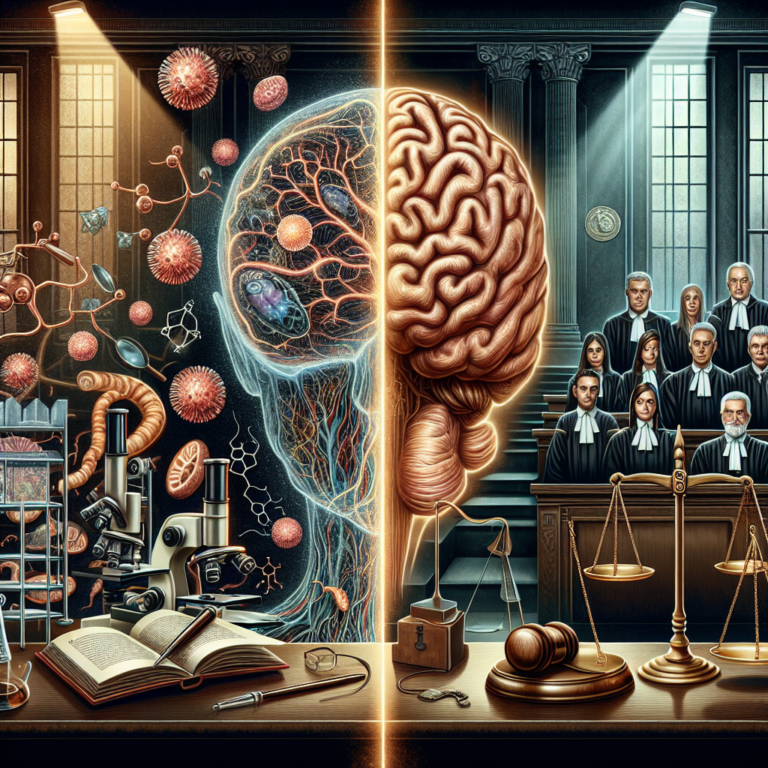
Introduction
In a world marked by increasing diversity, the importance of cultural competence as a tool for equity in forensic investigations cannot be overstated. The nuances of culture influence not only social interactions but also the processes of justice and investigation. Imagine a scenario where a critical oversight in understanding cultural dynamics leads to wrongful interpretations and, ultimately, a miscarriage of justice. This reality underscores the pressing need for professionals in the forensic field to develop their cultural competence. Understanding the fabric of society—its diverse backgrounds, beliefs, and practices—can help ensure that forensic investigations are equitable, non-biased, and just.
Why Cultural Competence Matters in Forensic Investigations
Cultural competence refers to the ability to acknowledge, appreciate, and incorporate a person’s cultural beliefs and values into professional practices. In forensic investigations, it serves as a crucial aid in bridging gaps between law enforcement, judicial personnel, and diverse communities. Here are some compelling reasons why it matters:
- Builds Trust: When investigators demonstrate cultural competence, it fosters trust in minority communities. This is essential for obtaining accurate and reliable testimonies.
- Improves Communication: Different cultural backgrounds often influence communication styles. Understanding these can mitigate misunderstandings.
- Enhances Decision-Making: Culturally competent investigators are better equipped to make informed decisions that consider the broad implications of their actions across communities.
The Components of Cultural Competence
Understanding cultural competence as a tool for equity in forensic investigations requires delving into its different components:
1. Awareness of Cultural Differences
Recognizing that cultural perspectives shape experiences is foundational. Whether it’s understanding variations in personal space, language nuances, or differing definitions of respect, awareness fosters sensitivity.
2. Cultural Knowledge
Educating oneself about diverse backgrounds, traditions, and values is essential. This goes beyond stereotypes; it involves a genuine understanding of the social contexts that individuals come from.
3. Cultural Skills
Practicing cultural competence in real-world scenarios is critical. Through simulations, role-plays, and ongoing training, professionals can hone their skills to respond appropriately in diverse situations.
4. Advocacy and Policy Change
Cultural competence is not only about personal growth; it’s also about advocating for systemic changes within organizations. Developing policies that reflect an understanding of cultural diversity can lead to more equitable practices.
Case Studies on Cultural Competence in Action
To illustrate the practical applications of cultural competence as a tool for equity in forensic investigations, let’s dive into several real-world case studies.
Case Study 1: The "Central Park Five" Exoneration
One of the most notorious miscarriages of justice in New York City involved the wrongful conviction of five Black and Latino teenagers, known as the "Central Park Five." The case, exacerbated by racial bias and a lack of cultural sensitivity, showcases how cultural ignorance can lead to catastrophic outcomes.
Analysis:
The investigative team failed to appreciate the social and psychological realities of the suspects, leading to coercive interrogations and flawed evidence. This highlights how cultural competence could have led to a more equitable investigation, possibly preventing the wrongful convictions.
| Aspect | Impact of Cultural Competence |
|---|---|
| Trust in Community | Building rapport might have led to more truthful confessions. |
| Evidence Collection | A culturally informed approach could have reduced bias in evidence interpretation. |
Case Study 2: The Role of Interpreters in Domestic Violence Cases
In cases involving domestic violence among non-English speaking populations, interpreters are crucial. However, a lack of cultural awareness among law enforcement can result in mistranslations or misinterpretations.
Analysis:
In one investigation, a culturally competent interpreter helped law enforcement understand the victim’s fears related to reporting incidents due to cultural taboos about family shame. This improved the rapport between the victim and the investigators, ensuring accurate reporting.
| Key Factor | Outcome of Cultural Engagement |
|---|---|
| Effective Communication | Higher likelihood of victim cooperation and accurate reporting. |
| Legal Justice | More appropriate legal protections for the victim. |
Building Cultural Competence in Forensic Investigations
Here are actionable steps for forensic professionals to enhance their cultural competence:
1. Participate in Training
Invest in cultural competence training programs tailored for law enforcement and forensic professionals. Regular workshops can instill awareness and practical skills.
2. Collaborate with Community Leaders
Establishing partnerships with diverse community leaders can help in understanding cultural nuances, leading to more effective investigations.
3. Encourage Diverse Hiring
Diversity within forensic teams can enhance the collective cultural competence of the organization. Bringing varied perspectives to the table is invaluable.
4. Evaluate Policies and Practices
Regularly assess existing policies to ensure they promote cultural sensitivity. This could involve adapting protocols for interviews, evidence collection, and community engagement.
The Challenge of Implicit Bias
Implicit biases—a critical area of concern—can undermine the effectiveness of investigations. Cultural competence directly combats these biases by creating awareness and prompting self-reflection among investigators. Regular training sessions that focus on implicit bias can pave the way for more equitable practices.
Conclusion
Cultural competence is not merely an ethical obligation; it serves as an essential tool for achieving equity in forensic investigations. By understanding and embracing cultural diversity, forensic professionals can significantly improve trust, communication, and ultimately, justice. As we move forward in an increasingly interconnected society, prioritizing cultural competence as a tool for equity in forensic investigations will be vital in creating a fair and just system for all.
FAQs
1. What is cultural competence?
Cultural competence is the ability to understand, appreciate, and effectively navigate the cultural differences among individuals.
2. Why is cultural competence important in forensic investigations?
It helps build trust, enhances communication, and improves decision-making, which are essential for effective and fair investigations.
3. How can professionals develop cultural competence?
Through ongoing training, collaboration with community leaders, and an evaluation of existing practices for inclusivity.
4. What is implicit bias?
Implicit bias refers to the attitudes or stereotypes that affect our understanding, actions, and decisions unconsciously.
5. Can cultural competence reduce wrongful convictions?
Yes, by ensuring that investigations are conducted with cultural sensitivity, the risk of misunderstandings that lead to wrongful convictions can be minimized.
By incorporating these insights, both forensic professionals and society at large can foster a more equitable system of justice that respects and values cultural diversity.

















